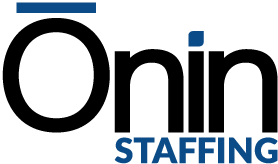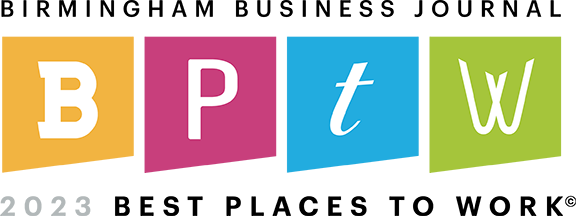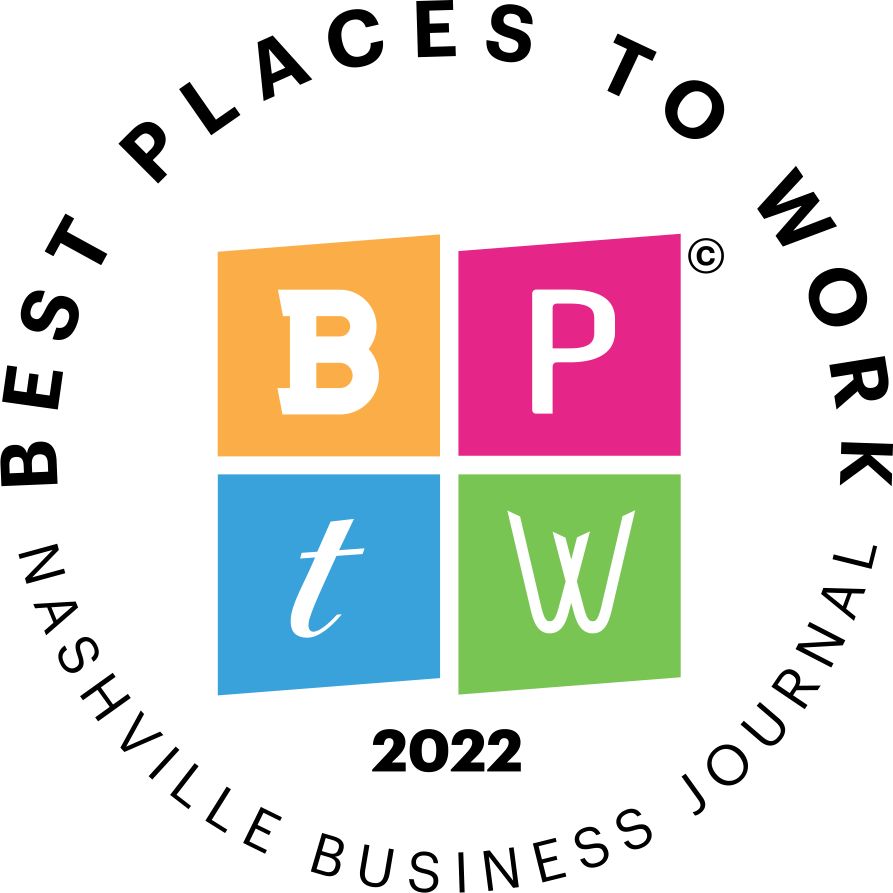
Living paycheck-to-paycheck is a reality for many, making financial planning and budgeting a challenging but crucial endeavor. When income barely covers expenses, saving money and planning for the future can seem daunting. However, with the right strategies and a bit of discipline, it’s possible to navigate these financial challenges and gradually improve your financial situation.
Understanding Your Financial Situation
The first step in overcoming financial challenges is to have a clear understanding of your current financial state.
- Detailed Expense Tracking: Keep a meticulous record of all your expenses, no matter how small. This will help you identify where your money is going and where you can cut back.
- Identify Essential Expenses: Distinguish between essential expenses (rent, utilities, groceries) and non-essentials (dining out, entertainment). Prioritizing essentials is key when funds are limited.
Creating a Sustainable Budget
A sustainable budget is one that realistically reflects your income and expenses.
- Zero-Based Budgeting: This budgeting method involves allocating every dollar of your income to specific expenses, savings, or debt payments, ensuring there’s no unaccounted-for money that can be misspent.
- Flexibility in Budgeting: Be prepared to adjust your budget as expenses fluctuate. Flexibility is crucial for those with tight finances.
Strategies for Reducing Expenses
Reducing expenses is vital for those living paycheck-to-paycheck.
- Negotiate Bills: Contact service providers to negotiate lower rates or switch to more affordable plans.
- Cut Unnecessary Subscriptions: Cancel any subscriptions you don’t use or need.
- Cook at Home: Reduce eating out and prepare meals at home, which is typically more cost-effective.
Building an Emergency Fund
Even small contributions to an emergency fund can make a big difference over time.
- Start with Small Goals: Aim to save a small, achievable amount from each paycheck.
- Automate Savings: If possible, set up automatic transfers to a savings account to ensure consistent saving.
Managing Debt
For those living paycheck-to-paycheck, managing debt is crucial.
- Prioritize High-Interest Debts: Try to pay off high-interest debts first to reduce the amount paid in interest over time.
- Contact Creditors: If you’re struggling with payments, contact your creditors to discuss alternative payment plans or hardship options.
Incremental Income Opportunities
Consider ways to supplement your income.
- Part-Time Work or Side Gigs: Look for opportunities to earn additional income through part-time jobs or side gigs that can fit into your schedule.
- Sell Unused Items: Selling items you no longer need can provide a quick financial boost.
Seeking Professional Advice
Don’t hesitate to seek professional financial advice.
- Credit Counseling: Non-profit credit counseling agencies can offer valuable advice and help with debt management plans.
- Financial Assistance Programs: Explore government and community programs designed to assist those in financial hardship.
Living paycheck-to-paycheck requires careful budgeting and financial management, but it’s not insurmountable. By understanding your financial situation, creating a realistic budget, reducing expenses, and exploring additional income sources, you can start to ease the financial strain. Remember, every small step towards managing your finances more effectively can lead to significant improvements in your overall financial health and well-being.









